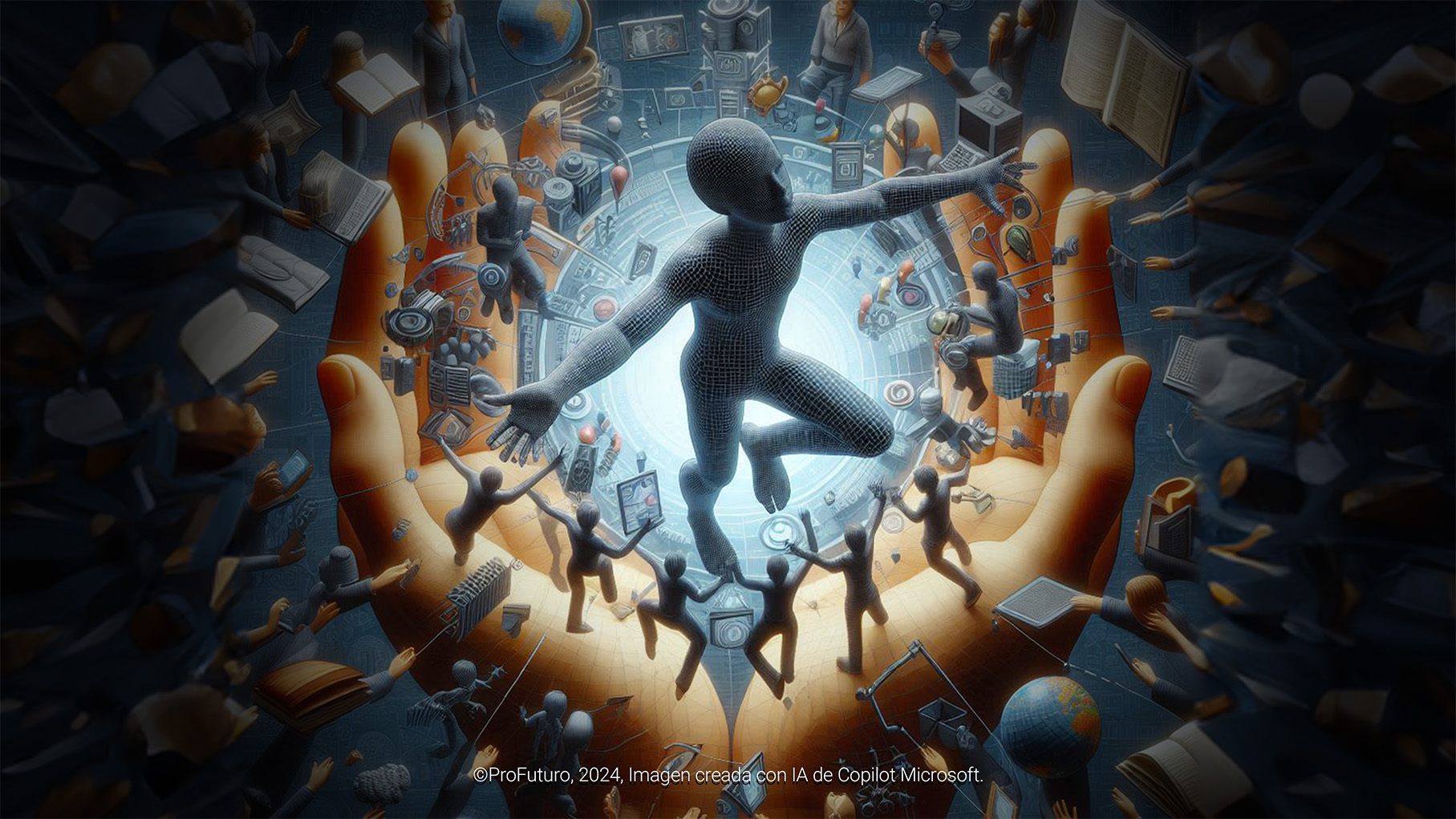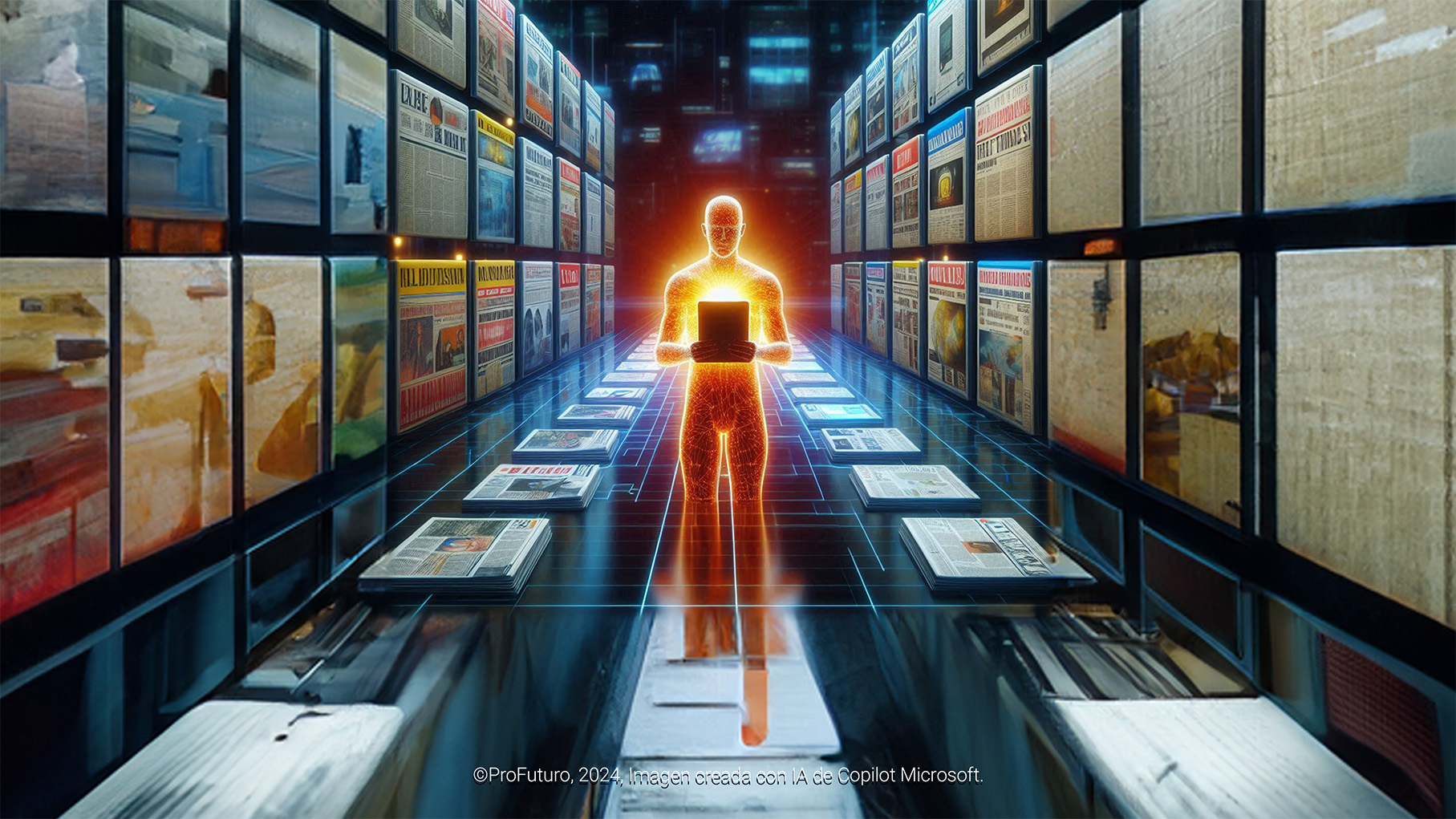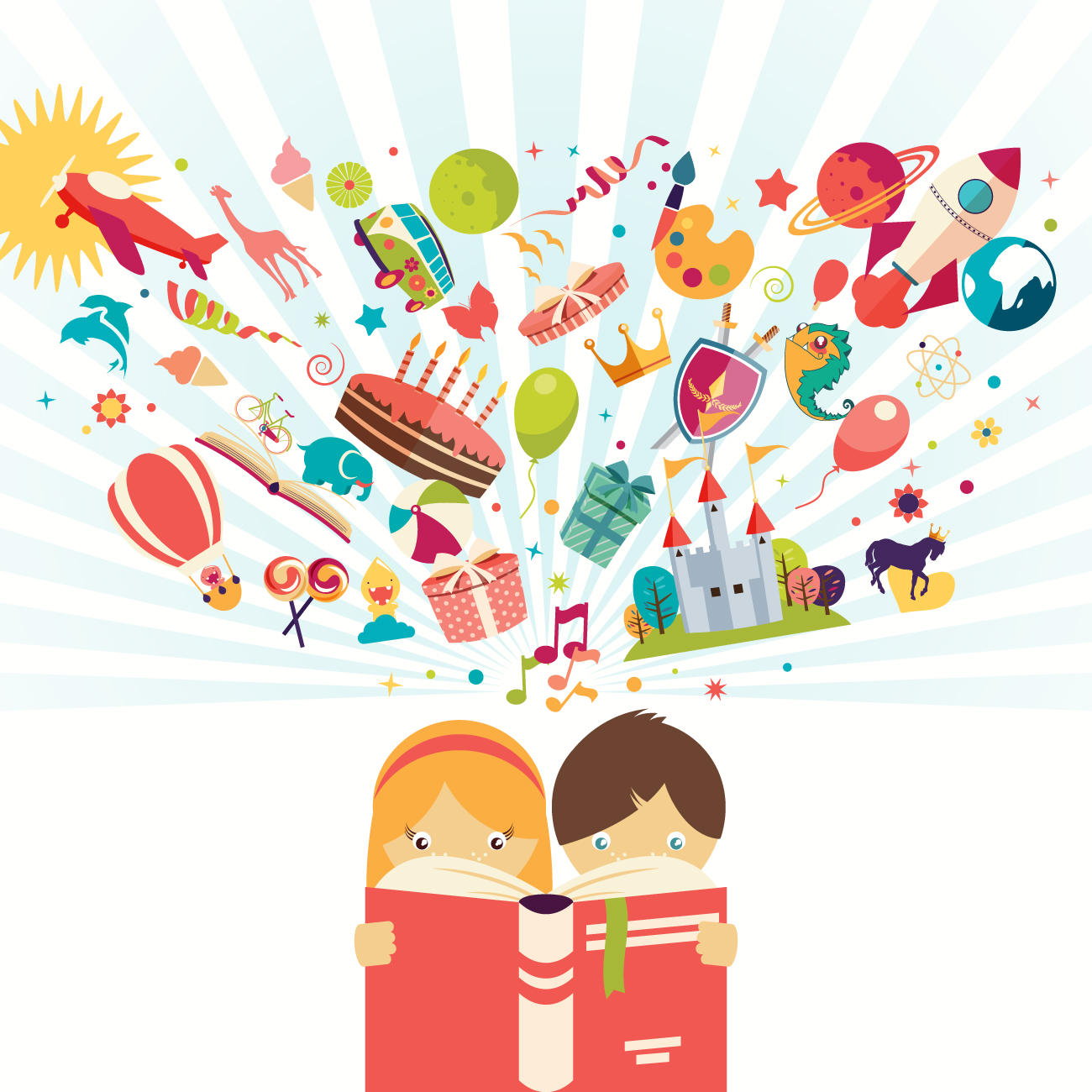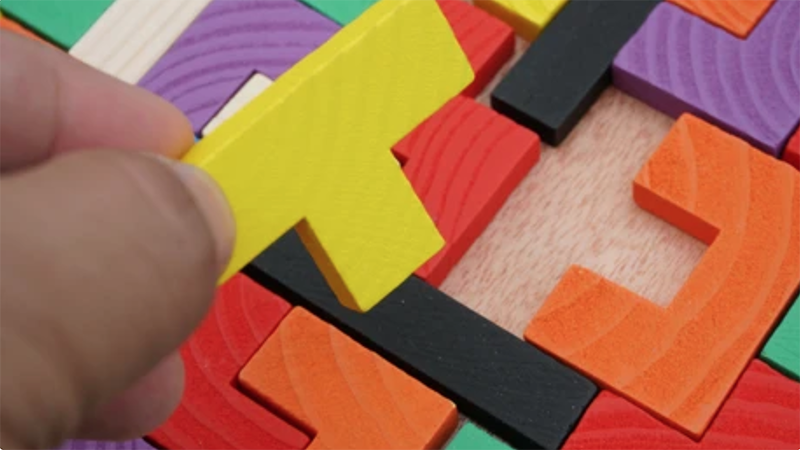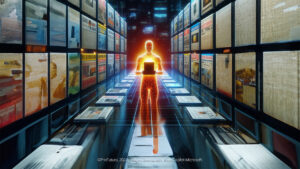
Do we know how to distinguish content from advertising? Information from opinion? Do we understand the role of the media and social networks? Are we able to identify which information is relevant and which is not? Do we know our digital rights and responsibilities? Do we know how to protect ourselves in the digital environment?
These skills are essential in today’s world, where information flows at a dizzying pace and the boundaries between reality and misinformation are often blurred. We have already seen that media and digital literacy is a competence that allows us to navigate more safely and effectively in the vast ocean of data in which we are immersed, and it empowers us to participate critically and responsibly in society.
Learning and teaching these competencies from school has thus become a vital necessity. For this, it is necessary to develop policies that guarantee the systematic and progressive inclusion of media and informational literacy in all educational systems. In this task, teachers must play a key role. Therefore, in this article, we not only review with UNESCO the basic competencies that a student must acquire to be considered media and informationally literate, but we also focus on the skills that educators must acquire and demonstrate to be able to teach media and informational literacy.
It is necessary to develop policies that guarantee the systematic and progressive inclusion of media and informational literacy in all educational systems.
What Students Should Learn About Media Literacy
- Recognising our information needs: Nowadays, we all need information and digital media in our personal and community lives. Therefore, we must learn to recognise what type of content, media, and technology we need for our needs and also distinguish between what we need and what content providers offer us.
- Understanding the importance of information providers: It is essential to recognise the importance of libraries, archives, museums, publishers, and digital media in our lives and how these institutions and companies help society develop, especially in areas such as sustainability and transparency.
- Conditions of information providers: Freedom of expression and press freedom are fundamental for the proper functioning of information providers. We must know what they are and how they work. We must also understand issues related to media ownership and professional ethics, as well as recognise and counter online hate speech and false information.
- Locating and evaluating information: We must learn to search for and evaluate the information we need for our personal, educational, political, cultural, religious, and social lives.
- Critical evaluation: Today, it is essential to learn to analyse and compare information from different media to detect misinformation and conspiracy theories. We must also be able to critically evaluate information providers to determine their credibility and reliability.
- Online protection: We need to be aware of personal security threats and learn to protect ourselves from online risks, such as identity theft, phishing, and harassment, as well as know basic digital security practices to avoid sharing harmful content.
- Organising and analysing information: We must be able to analyse, share, and organise information and digital content using different tools and methods.
- Synthesising and applying ideas: We must be competent in collecting and summarising information and using those ideas to take actions based on the information we have organised. This skill helps in strategic decision-making.
- Ethical use and communication: It is also essential to know how to use information and media ethically and communicate our ideas effectively according to our audience’s needs.
- ICT skills: In the digital age, it is crucial to develop skills to use software, process information, and create digital content, as well as to search, evaluate, and create information using ICT.
- Creating social or commercial value: We must be able to use our ICT skills to create valuable products and services. This ability is essential for innovation and the knowledge economy.
- Critical use of ICT: It is fundamental to understand beyond the basic use of ICT, understanding its development, processes, and control. This knowledge will allow us to be more conscious and responsible technology users, avoiding dependencies and improving digital security.
- Active participation with content providers: It is important to know how to engage actively with institutions and individuals to promote open and accessible digital governance.
- Privacy management: We must learn to value and manage our privacy online and offline, respecting the privacy of others as well.
- Interaction with games and AI: It is necessary to understand the benefits and risks of games, especially those using artificial intelligence, and actively promote their transparency.
- Participation with media: We must engage with institutions and content providers to promote access to information, freedom of expression, and gender equality, and to combat discrimination and intolerance.
- Applying MIL to other areas: Media and Information Literacy is not limited to understanding and using media, but also extends to other vital areas such as health (allowing us to interpret medical data and make informed health decisions) and the social sphere (helping us understand social dynamics and evaluate public policies).
- Problem-solving and collaboration: It is essential to understand how to connect with others to solve problems and develop ideas using information and technology.
- Responding to hate speech: We must be able to identify and respond to hate speech and extremist content and take appropriate action when we encounter it.
What Teachers Should Know
In this context, media and information literacy has become a crucial competence for educators. However, despite the growing awareness of the importance of MIL, many teachers feel insufficiently prepared to teach it effectively and express the need for more solid and continuous training.
In Europe, while some countries like France and Sweden have widely integrated MIL into their educational policies, others like Romania and Spain still treat MIL as a complement rather than a central priority. In the United States, despite legislative efforts, many teachers still lack the resources necessary for effective MIL teaching.
In Latin America, the situation reflects similar challenges. Although there is a consensus on its relevance, practical implementation varies significantly between countries. Some studies indicate that in countries like Brazil and Mexico, there are notable advances, but others face difficulties due to a lack of resources and specific training for teachers.
What Skills and Abilities Should Teachers Acquire to Teach Media and Information Literacy to Their Students?
In this context, media and information literacy has become a crucial competence for educators. However, despite the growing awareness of the importance of MIL, many teachers feel insufficiently prepared to teach it effectively and express the need for more solid and continuous training.
In Europe, while some countries like France and Sweden have widely integrated MIL into their educational policies, others like Romania and Spain still treat MIL as a complement rather than a central priority. In the United States, despite legislative efforts, many teachers still lack the necessary resources for effective MIL teaching.
In Latin America, the situation reflects similar challenges. Although there is consensus on its relevance, practical implementation varies significantly between countries. Some studies indicate that in countries like Brazil and Mexico, there are notable advances, but others face difficulties due to a lack of resources and specific training for teachers.
What skills and abilities should teachers acquire to teach media and information literacy to their students? UNESCO highlights the following:
- Policy and vision: Educators must understand the policies necessary to promote MIL and how these can materialise in education and society. They must also understand how this type of literacy contributes to life skills and broader development within the context of civic education and Global Citizenship Education.
- Curriculum and assessment: Educators must know how to integrate media and information literacy into the educational curriculum. They must be able to critically evaluate content providers and select a wide range of materials from content providers to teach MIL to students.
- Information, media, and internet institutions: Educators must understand how content providers have evolved to their current forms. They must develop skills in using available technologies to access different audiences and use various content resources to foster critical thinking and problem-solving skills and extend these to their students.
- Organisation and management: Media and information-literate educators must be able to structure and manage learning spaces effectively, both physical and virtual, to optimise the use of various content providers. This involves designing pedagogical strategies that encourage active and participatory learning, selecting and using a wide range of materials from different sources. Additionally, they must create an inclusive and respectful environment that values all perspectives, regardless of origin and gender. It is also essential that these spaces promote civic education and lifelong learning, enabling students to critically evaluate information and participate in informed discussions on relevant topics.
- Pedagogy: It is fundamental for educators to acquire the necessary pedagogical skills to teach MIL. They must be able to teach MIL from the perspective of good governance, sustainable development, and intercultural dialogue. They must also understand the central concepts, research tools, and structures of the MIL discipline to prepare students for their role as critical and informed citizens.
- Professional development: Educators must possess the skills necessary to use technology and engage with content providers to access information and acquire thematic and pedagogical knowledge in support of their own professional development.



